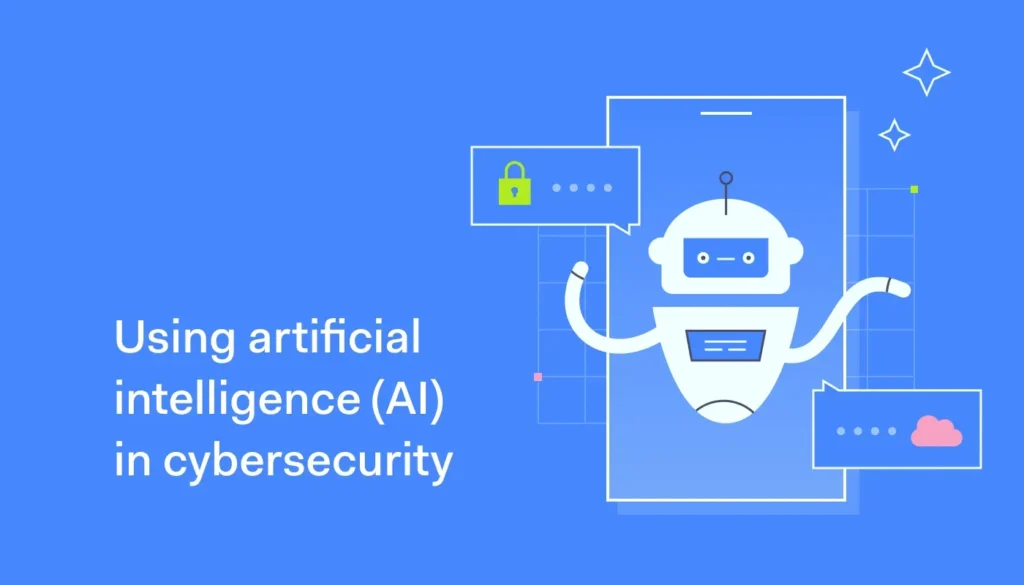Healthcare in 2025 is undergoing a massive transformation, driven largely by Artificial Intelligence (AI). From diagnosing diseases earlier to personalizing treatment plans and predicting outbreaks, AI is playing a critical role in making healthcare faster, more accurate, and more accessible. This blog will explore how AI is reshaping the medical world, the technologies behind it, and its real-world applications.
1. Why AI is Revolutionizing Healthcare
AI’s ability to process massive datasets, identify patterns, and make predictions is invaluable in medicine. While doctors rely on years of training and experience, AI can analyze millions of patient records, clinical studies, and genetic data in seconds, offering insights that would take humans months or years to uncover.
Key Drivers of AI in Healthcare:
-
Rising healthcare costs pushing automation.
-
Shortage of medical professionals requiring AI-assisted care.
-
Demand for personalized treatments in oncology, cardiology, and more.
-
Data explosion from electronic health records, wearable devices, and genomic research.
2. Applications of AI in Healthcare
2.1 Early Disease Detection
AI-powered imaging systems can detect cancers, heart issues, and neurological disorders earlier than traditional methods.
-
Example: AI identifying breast cancer in mammograms years before symptoms appear.
2.2 Personalized Treatment Plans
AI analyzes a patient’s genetics, lifestyle, and medical history to recommend highly targeted treatment strategies.
2.3 Drug Discovery & Development
Instead of taking 10–15 years to develop a drug, AI can predict effective compounds and simulate trials, reducing the time to market significantly.
2.4 Robotic-Assisted Surgeries
AI-driven robots can perform minimally invasive surgeries with precision, reducing recovery times and surgical errors.
2.5 Virtual Health Assistants
AI chatbots and voice assistants provide patients with 24/7 medical information, appointment scheduling, and reminders for medication.
3. Examples of AI Healthcare Tools in 2025
| Tool | Purpose | Impact |
|---|---|---|
| PathAI | Pathology analysis | More accurate diagnosis from biopsy samples |
| Tempus | Precision medicine | Data-driven cancer treatment recommendations |
| Zebra Medical Vision | Imaging AI | Early detection of chronic diseases |
| Buoy Health | AI health assistant | Symptom checking & patient guidance |
4. Benefits of AI in Healthcare
-
Earlier interventions mean higher survival rates.
-
Reduced human error through consistent analysis.
-
Faster research in medical science and drug production.
-
Better patient engagement with personalized recommendations.
-
Cost savings for hospitals and patients alike.
5. Challenges & Considerations
-
Data privacy and security of medical records.
-
Ethical concerns around AI decision-making.
-
Regulatory approvals for AI-driven medical devices.
-
Need for human oversight to prevent overreliance on automation.
Conclusion
AI in healthcare is no longer experimental—it’s an active partner in saving lives. In 2025, hospitals, research labs, and even small clinics are using AI to deliver better care, faster diagnoses, and more effective treatments. The next decade will see even deeper integration, where AI will become an everyday part of a patient’s healthcare journey.

